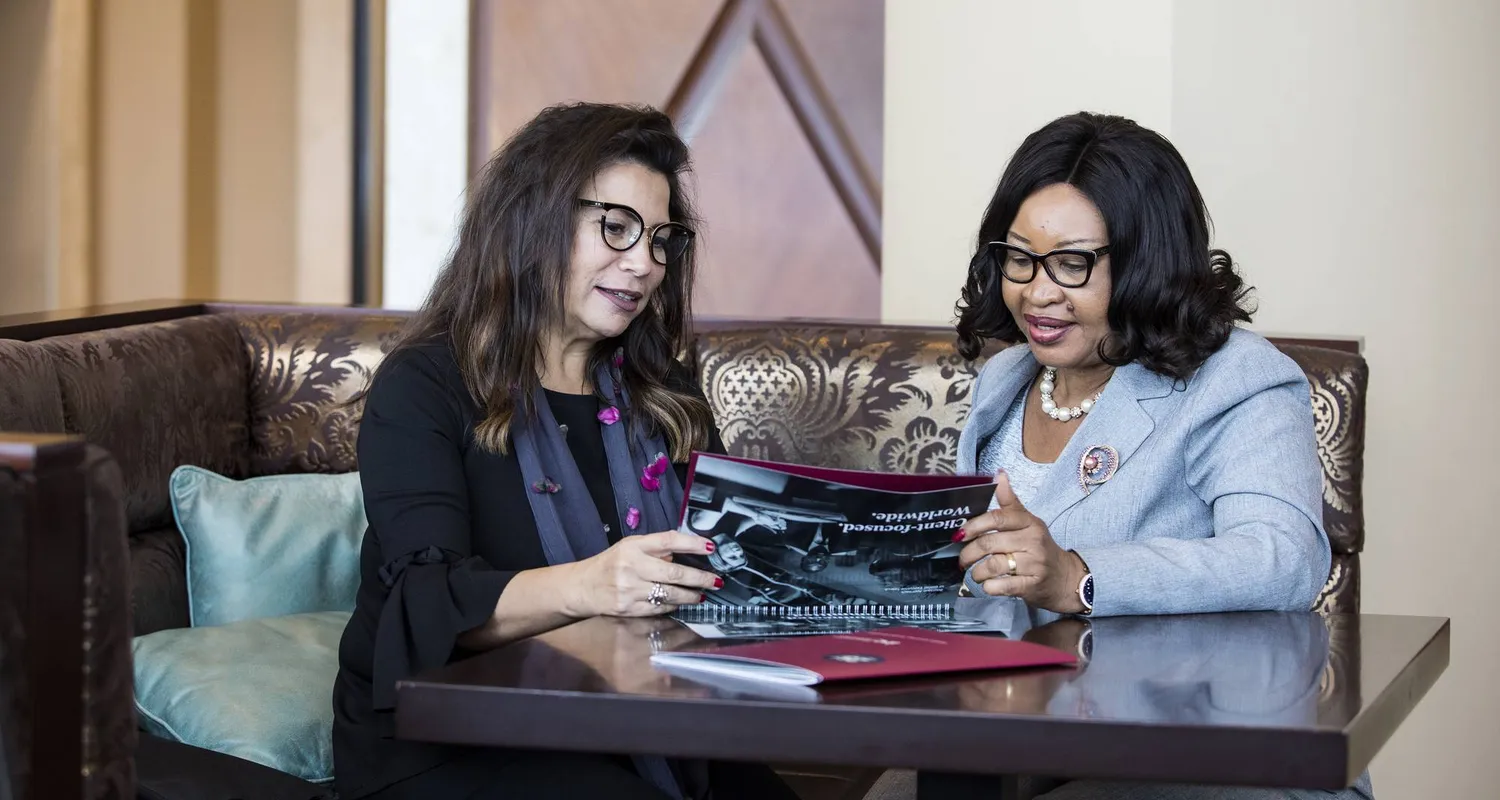The WHO, as most considered observers would agree, has done an incredible job over the years of its formation in protecting the most vulnerable. I have seen this firsthand with the work we do with NGOs in our Asia Pacific region. However, in this politicised and polarised world, it is becoming increasingly difficult for NGOs to operate to their mandate, particularly when issues of their funding and independence are called into question.
Any large global NGO, by its nature, is going to be bureaucratic, political and attuned to the needs of its disparate stakeholders. In turn, governments must recognise the unique and valuable way an organisation like the WHO marshals people, supplies and solutions across borders in ways that independent nations would never be able to. The WHO is a vital and valuable arm of our global response to pandemics, disasters and other crises events that challenge our world – both civil society and global NGOs must work together now more than ever to ensure mutual cooperation and ongoing improvement.
At Kestria, we stand ready to work with governments and NGOs to find the future leaders to continue the transformational journey our world requires.


